Mediterraneans are very good at living well, and it seems to be contagious. These pleasurable southern European habits may be the best souvenir of all from a trip abroad
Jump to a section of this article
Coffee is an Event
A morning café con leche or cappuccino in southern Europe is deliciously strong and relatively petite. Ideally, it’s drunk from a ceramic cup. And while coffee on the run has taken off in this part of the world in the last few years, it’s a supplement to the custom of standing at the counter of a ‘bar’ in Rome, or relaxing at a marble table at an Athenian cafe, not a substitute.
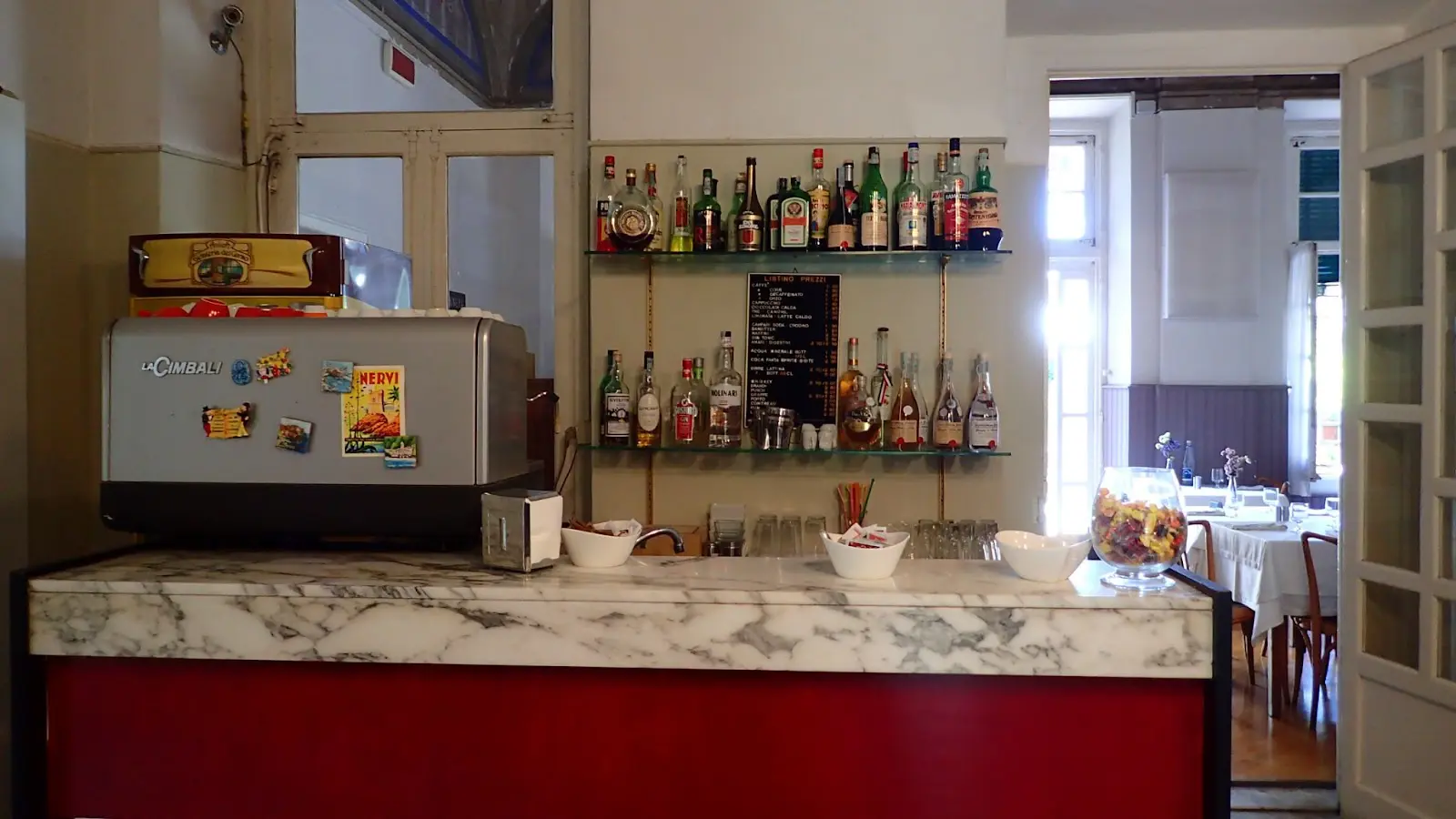
Also- Bigger Is Not Necessarily Better
While any European coffee may appear small by North American standards, in Italy a coffee looks even smaller. ‘Un caffè’ in Italy is an espresso – a very, very small one. Even with its dense head of creamy foam, it might only reach the middle of the cup. The barista is not shorting you; with a pleasure so potent, this dose is just right.
The focus on the pristine and exquisite – in fresh fish, in fashion, and certainly in coffee – is a defining aspect of Mediterranean lifestyle.
(Also, when in Italy, note that espresso is for any hour of the day, while cappuccino and caffè latte are morning drinks. A strong coffee in the afternoon? By all means: there’s also the option of a ‘caffè corretto,’ a ‘corrected’ coffee, to which a small amount of liquor – sambuca perhaps – has been added.)
Formality, With Warmth
We often equate informality with friendliness, and formality with a certain distance. But the gracious cultures of the Mediterranean manage to combine the best of both. The languages help – Spanish, Italian, and Greek all have formal and familiar forms built in. They regularly use them when addressing strangers and also when addressing people of an older generation, even those they may have known since childhood. But they might use first names at the same time, or more often still, a first name preceded by a title. A slightly more formal address, delivered with an abundance of warmth in manner, strikes a respectful note that also reflects well on the speaker.
Physical Contact
Mediterraneans are deeply affectionate and expressive. Having to refrain from high-contact social interaction has hit Southern Europe particularly hard; the standard greeting of a kiss on each cheek (some regional variations include a third kiss), whatever the gender of the parties, is an expression of the Mediterranean psyche. Until they can embrace again, enthusiastic smiles – heart-felt enough to reach the eyes (key during a mask mandate) – are holding the place of a kiss. You could also bring a hand to the chest, an indication you’re ‘touched’ to see the other person.
(Pre-pandemic, the double kiss found a warm reception in North America, albeit sometimes a dazzled one: “Oh, how European!”).
A Sophisticated, Sensible Relationship to Alcohol
Mediterraneans don’t view alcohol as a means to an end, and drunkenness is rare. They may drink quite often, but moderately, in joy, with good company, and nearly always with food – as in the bares de tapas of Andalucia, the enoteche of Rome, or the seaside ouzeries of the Greek islands.
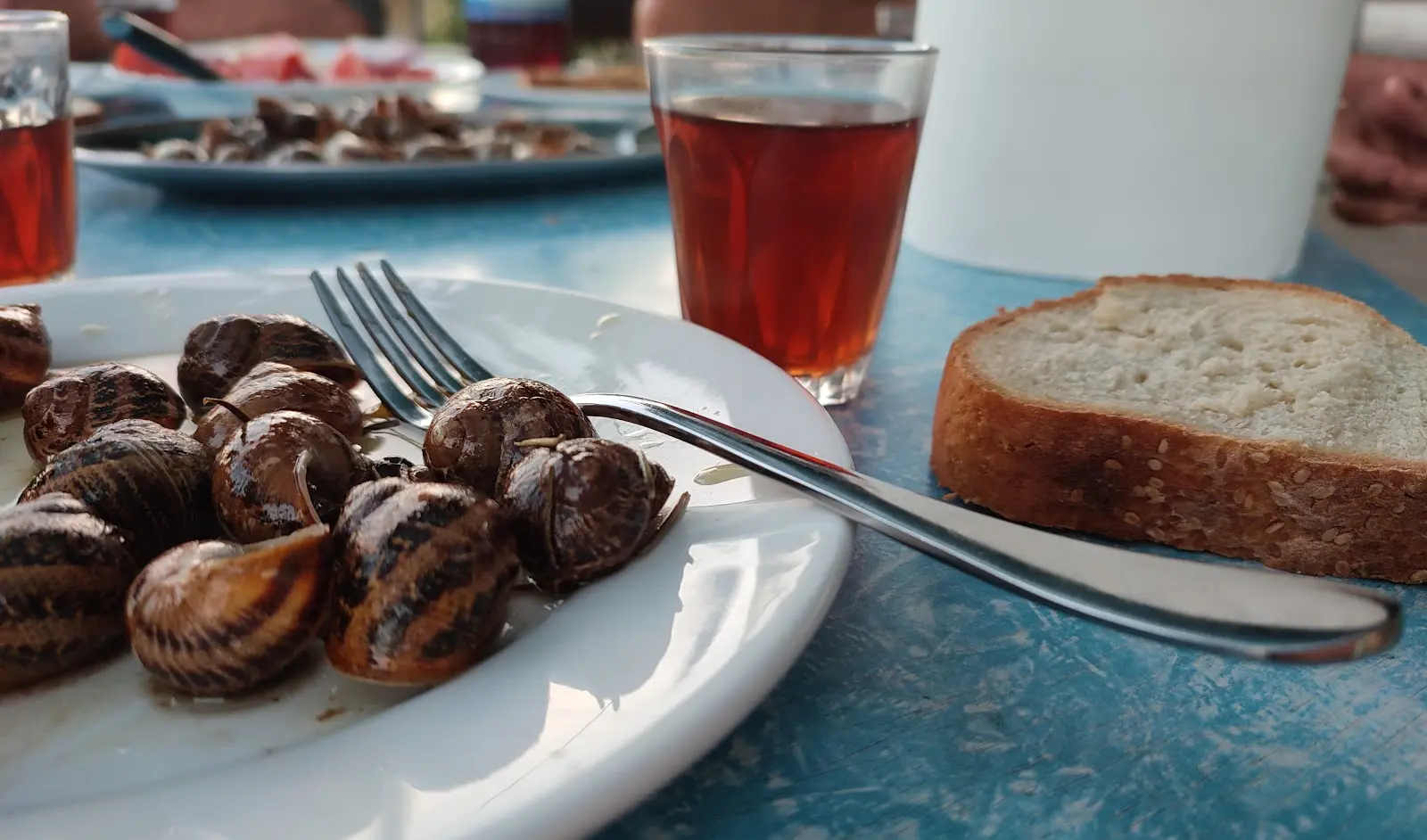
Toasting
While we’re talking about alcohol, it’s worth mentioning that Mediterraneans toast a lot. They’re not usually formal toasts with a dedication, just a joyful Viva, Salute, Yiamas, or Salud, possibly repeated often. Look everyone in the eye – at least a quick glance – with a smile, and then take just a small sip if the frequency of toasting outpaces your usual rate of drinking, which it may. Toasting lends a mood of celebration, and seems to catch on fast when you introduce it in North America.
Generosity
Southern Europeans love to treat their friends, and consider it an honor. They’re assured the pleasure of being able to pick up the check when they’re celebrating their birthday, name day, or other significant occasion, as custom dictates (guests get to bring gifts). On other occasions, friends may take turns paying. Students might split the check among themselves. But at any occasion, each person paying separately for what they ordered would be unusual.
At work and at school, Greeks bring sweets to treat everyone.
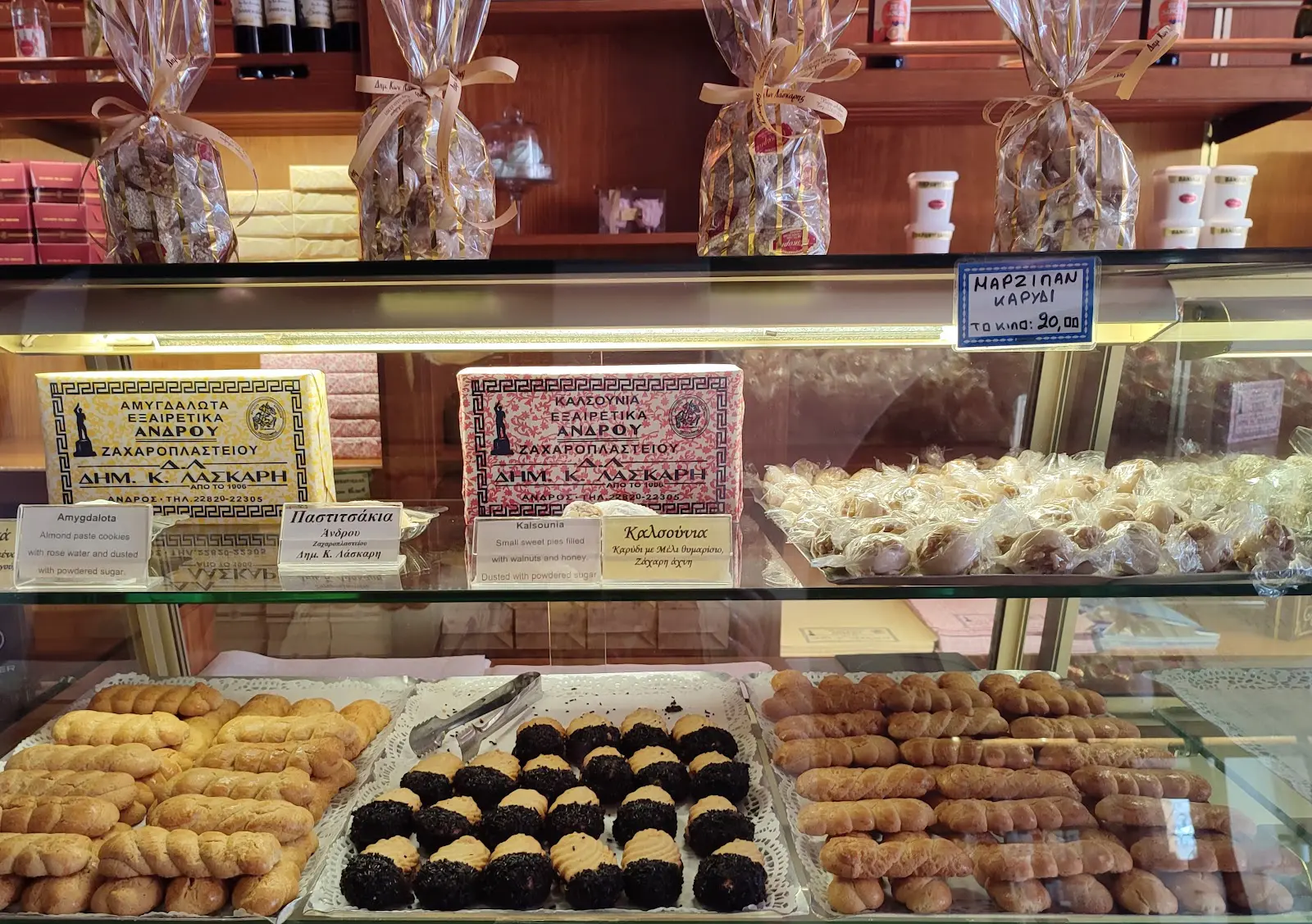
Seasonal Pleasures
North America is embracing local, sustainable, seasonal eating more and more. In the Mediterranean world, it was simply the only option until very recently. So they’re really good at it: snails are gathered in the summer heat because that’s when they’re at their richest and tastiest. Autumn is chestnut season, when they star not only in desserts but also in savory dishes. Quince and bergamot perfume the winter months, and spring is the season for wild greens foraged from the countryside. August, of course, is all about tomatoes. Enjoying what’s at its seasonal peak is a delicious and meaningful way of connecting to the moment, and the earth.
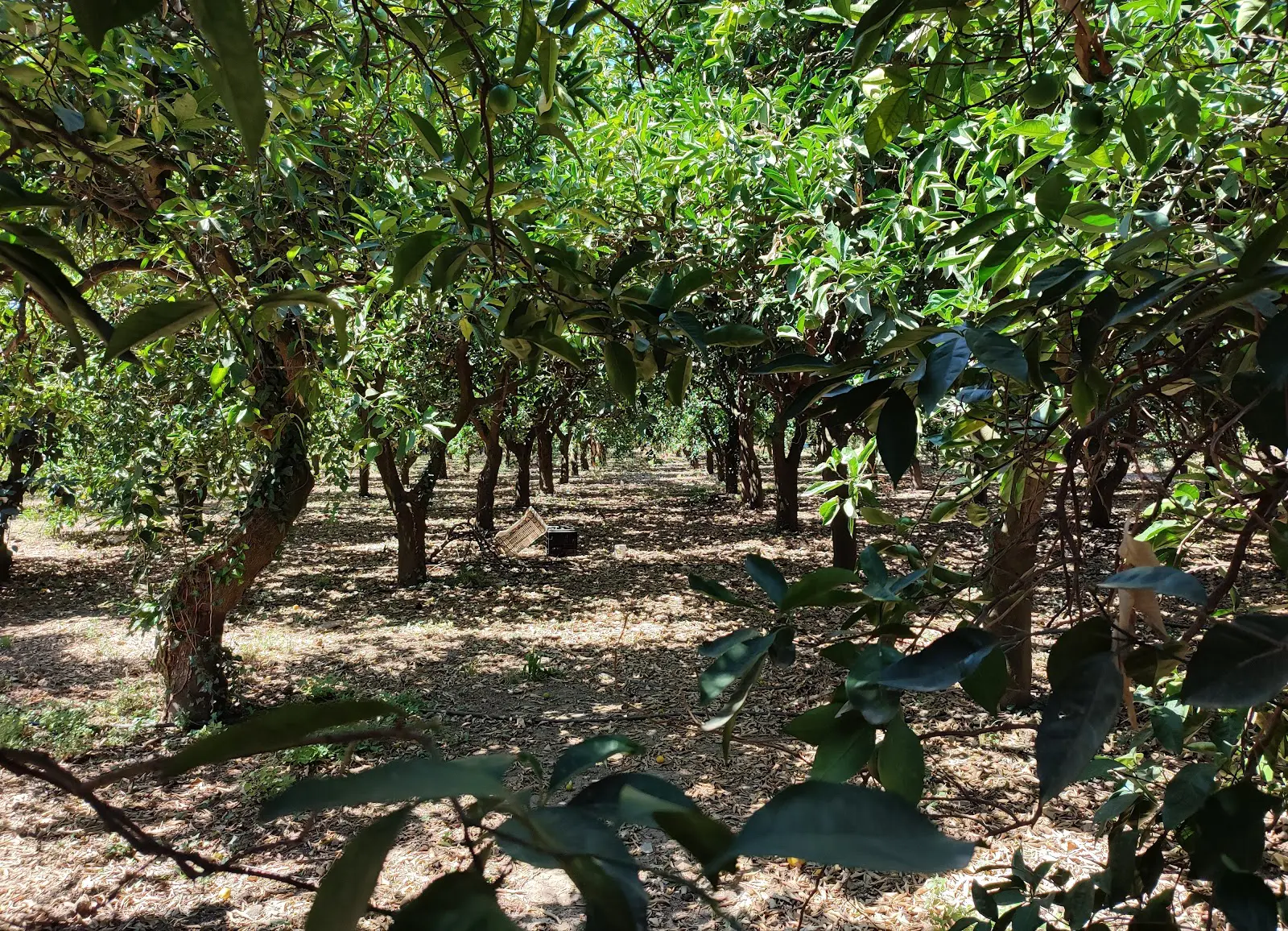
Dessert – Not an Ending, but an End in Itself
One of the keys to enjoying the Mediterranean lifestyle in all its abundance is exercising a little restraint. In other words, Mediterraneans pace themselves. They also love to make an occasion of things. Therefore, there’s often no dessert, at least not in the North American sense. A slice of melon, or perhaps a little digestif, usually brings a grand meal to a graceful close. Sweet pleasures like pasteles, pasticcino, gelati, and siropiasta are a separate event, whether the brioche con gelato or cassata of Palermo, chocolates con churros in Madrid, or the rich “Constantinople-style” syrup pastries of Thessaloniki.
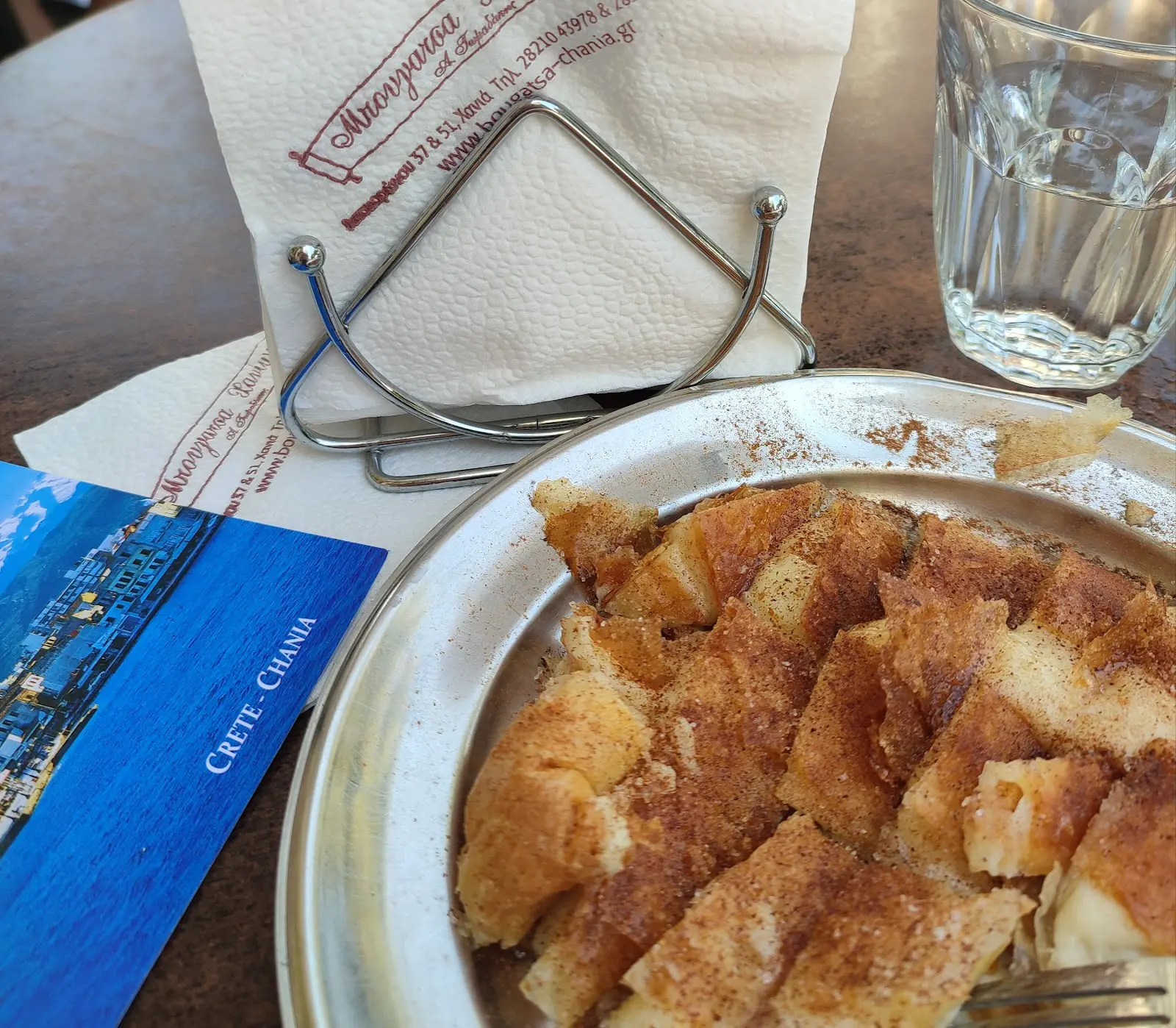
Siesta
Why do little shops close down in the very heart of the day? And why do banks and post offices close so very early (maybe even before 2:00 pm)? The intensity of the midday sun is an awesome force in this part of the world. A siesta in the thick of the afternoon divides the Mediterranean day into halves, each with its distinct character. The first half starts with that rosy-fingered dawn Homer wrote about, the scent of jasmine in the air. It’s worth getting up for, and so is being first at the Alhambra of Granada, the Parthenon of Athens, or St. Peter’s Square in Rome, to enjoy them in the gentle and revealing light of morning, without the crowds. The second day starts with the passeggiata – a topic all its own.
True, taking a three-hour break just when the day is getting into full swing may not fit in easily to your life back home. But shaping the day with interludes of tranquility might translate very nicely.
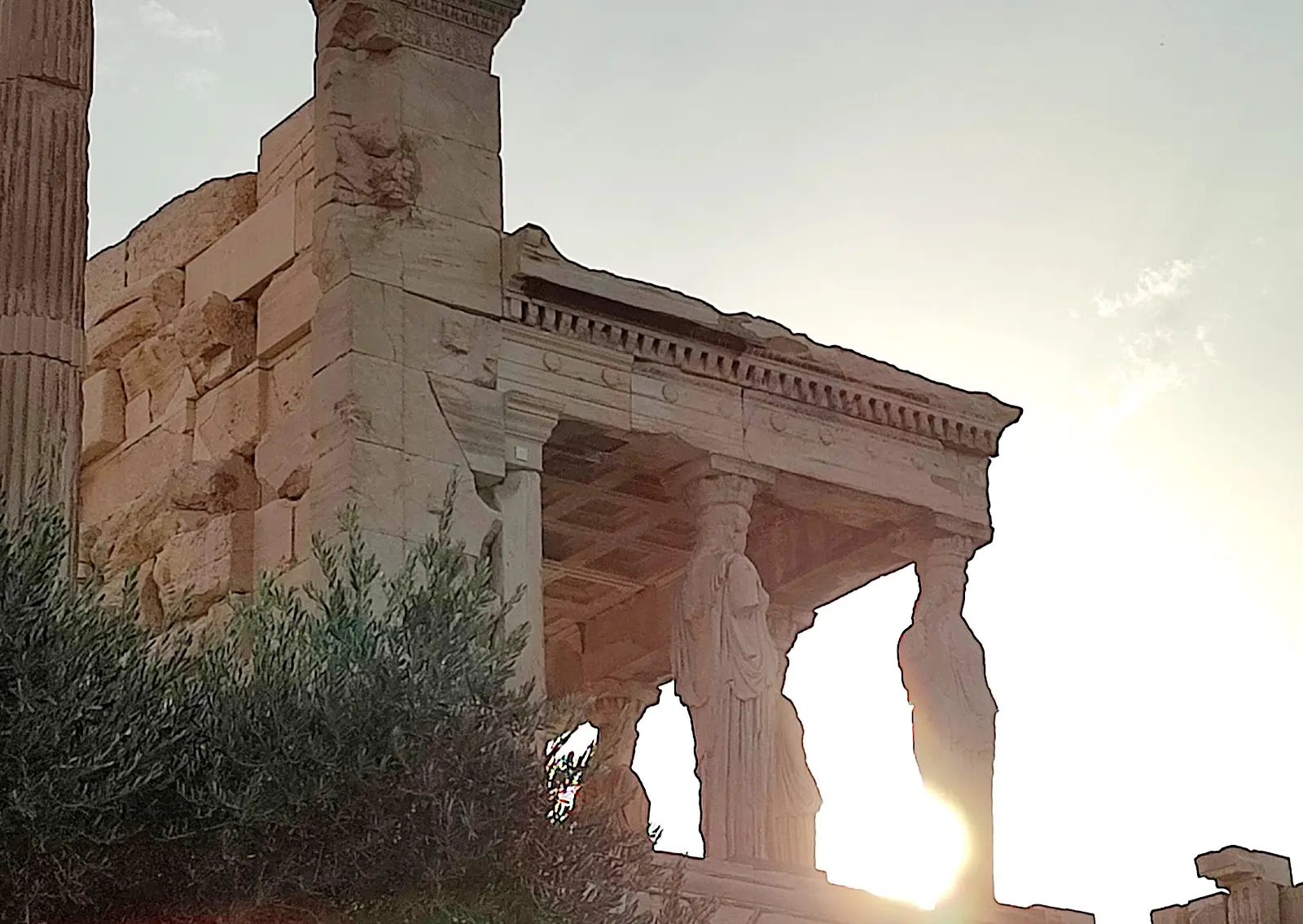
The Passeggiata (Paseo, Volta)
During the passeggiata (Italy), paseo (Spain), volta (Greece), people of every generation fill the parks, waterfront promenades, town squares and grand boulevards for the evening stroll. This very often turns into an aperitivo or an ouzo with friends, the prelude to catching a film at the outdoor cinema, going to a concert in the moonlight, or just staying at the table for another round of good conversation and tapas or meze.
Since the passeggiata is bound to turn into a social occasion, it might be worth dressing up for. Which brings us to….
Looking Sharp
The stereotype is true – Mediterraneans of all ages look fabulous pretty much all the time. En masse, it adds a note of festivity to the everyday.
Making an Occasion of Life
Mediterraneans live with such enviable finesse, making the most of every opportunity for enjoyment. More significantly, the southern European lifestyle is the natural extension of what really matters to them: family, friendship, generosity, affection, and community. As they celebrate these universal values, Mediterranean ways are very easy to relate to, and a joy to adopt – perhaps one of the best reasons of all to visit.
Originally from Manhattan, Amber fell in love with the mediterranean lifestyle and now calls the Greek city of Thessaloniki home. Amber is a widely published travel writer, and blogs at Provoclate.com.